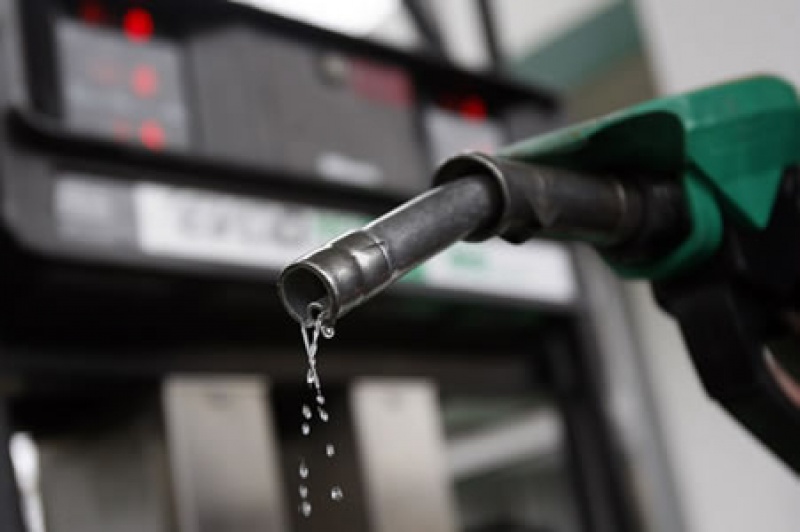Cost of public transport is certain to go up next week, Duncan Amoah, the Executive Secretary of the Chamber of Petroleum Consumers-Ghana (COPECGH) has predicted.
According to him, with arbitrary increments in fuel prices, which in the last four months alone have cumulatively amounted to 20 per cent, public transport operators, mainly the Ghana Private Roads Transport Union (GPRTU), were making little from their operations and were unwilling to absorb any further increases in fuel, adding that agitations were mounting at the various lorry stations for leadership of the Union to announce an increase in fares.
“For how long can the frog stretch its length? They (public transport operators) have stretched to a point. I agree, in a way, that at this point they may have to increase transport fares and I also know on authority that some of the drivers…are even agitating…but it appears their leaders are reluctant to enforce increases. The leadership has been all magnanimous to the Ghanaian, with the expectation that fuel prices would fall so they can go back to old prices but with what is happening the chairmen cannot do anything about it because the cost of operations are going up,” Mr Amoah told Chief Jerry Forson on Ghana Yensom on Thursday March 9, 2016.
“And so by next week, latest two weeks, transport fares will go up in this country. And as transport fares go up…people will now begin agitating to government to increase salaries.”
However, Mr Amoah said with the monthly import costs of fuel being $300million, government could address the problem of arbitrary increases in the price of petroleum products by partnering Bulk Oil Distribution Companies to provide them with foreign exchange at negotiated rates, given the cedi’s recent slump against major foreign currencies, which in turn was leading to an increase in the cost of petroleum products.
“If they (BDCs) can be assured that government can make available those dedicated funds or the dollars available to them through Bank of Ghana, they don’t have to go to the open market to look for dollars. If they go to the open market to look for that quantum of dollars, what it means is that the pressure on the cedi might also go down. If you take the pressure of petrol imports alone off the cedi monthly and the government could say, ‘Look, all petroleum importers, whatever your requirements are we put them together so that we find you the dollars and find you the rate, you don’t need to go the open market.’ If you mop up this sector from the open market transactions, I can assure you that the rest, the mines and the telcos, the few [dollars] they want from the system, it might not drop the cedi so badly.”
Source: Ghana/AccraFM.com

































